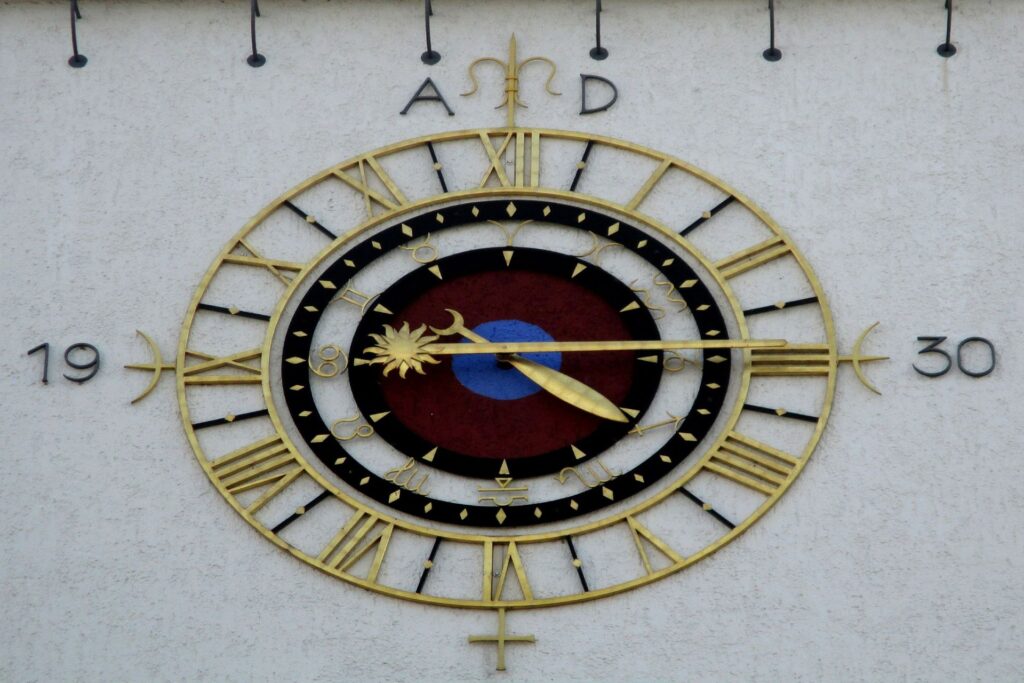Switzerland is not today… a temporal island, but in the future?
Daylight Saving Time (DST) will begin in Bern on March 28 and will last until October 31, but discussions continue in neighboring countries about the official “time” to be adopted
Daylight Saving Time (DST) begins next Sunday: at 2:00 a.m. in Switzerland and in most European countries the clocks will be turned back to 3:00 a.m.
The annual time change is currently the subject of intense discussions, particularly in neighbouring countries, but not all decisions have yet been made.
Daylight saving time begins on the last Sunday in March and ends on the last Sunday in October. This year it will therefore last from 28 March to 31 October.
Switzerland-Liechtenstein pact on scientific innovation
Bern, Zurich and Aargau focus on fiscal innovation

Discussions on adjusting clocks
Currently, the possible abolition of the seasonal time change is a topic of political discussions, especially in neighboring states.
However, not all decisions have yet been made, neither at the level of the EU nor of all individual member states.
Switzerland is following the developments in the neighbouring countries and will carefully examine whether a possible adaptation of the time regulation is appropriate and in the interest of Switzerland.
Until further notice, the current time system will apply.
Switzerland will have an ad hoc ambassador for… science
Yes of the Federal Council to the Swiss “Green Fintech” network

A story that began in 1980
With the introduction of Central European Time at the end of the 19th century as well as with the changeover to Daylight Saving Time (DST) in 1980, the Federal Council and Parliament opted, primarily for economic reasons, for a time system consistent with that of the neighbouring states.
If a different time system were to be adopted, Switzerland would become a “time island” with the resulting consequences in particular for trade relations, transport, tourism and communications.
The Swiss export industry relies on innovation
More flexibility in promoting Swiss innovation

The official Swiss time marked by METAS
In Switzerland, the Swiss Federal Institute of Metrology (METAS) is responsible for the realization and dissemination of Swiss Official Time.
For this purpose it operates several atomic clocks in its laboratories and thus participates in the realization of coordinated world time.
METAS also provides a time server with which computer clocks can be synchronized with Swiss Official Time with an accuracy of several milliseconds.
2.6 billion value from the Zurich Innovation Park
The report ‘Economic Footprint Switzerland Innovation Park Zurich’ by BAK Economics (in German)







